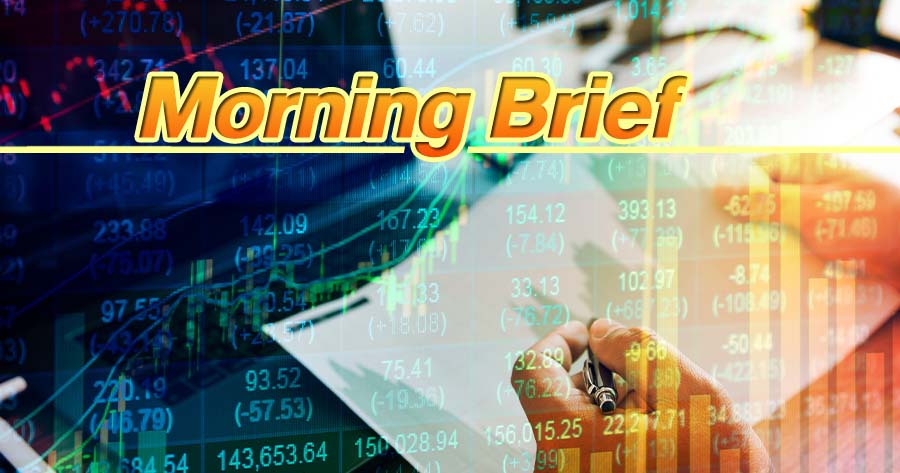1) FSS says market lacks catalysts, recommending anti-commodity & domestic plays
Finansia Syrus Securities (FSS) expected the SET to move sideways within 1,630-1,650 points. In the big picture, the market lacks fresh catalysts. The ECB meeting results were in line. It hiked its benchmark rate by another 0.75%. It made FED Watch’s forecast that the Fed would raise its policy rate by another 0.75% this month have a higher probability of 87%. Also, it drove up U.S. bond yields, which is a factor that limits risk assets’ rallies. FSS stated that it expected anti-commodity & domestic plays and stocks with unique catalysts to outperform in the directionless market. Next week, investors should monitor U.S. inflation for August. It is due on September 13. FSS still viewed that the SET’s retreats to 1,600 (+/-) will provide an opportunity for stock repurchase.
2) Fed reiterates its commitment on raising interest rates to bring inflation down
Federal Reserve Chair Jerome Powell on Thursday emphasized the importance of getting inflation down now before people get too used to higher prices and come to expect them as the norm.
Meanwhile, Chicago Federal Reserve Bank President Charles Evans said that next week’s inflation data could be informative on how much the Fed should raise its policy rates in the following week.
“If I saw inflation maybe cooling a little bit that’s not going to change the fact that I still think we are going to need to top out at something like 3.5% to 4%, it’s just that maybe we don’t have to do it that soon,” Evan said.
3) Chinese CPI slows in August as Covid restrictions and energy crunch weigh on economic activities
Chinese consumer and producer price inflation fell in August, according to the data reported by the National Bureau of Statistics on Friday, as a new round of Covid-19 restrictions and an energy tightening continue to weigh on the world’s second-largest economic activity.
The annual consumer price index fell to 2.5% in August from 2.7% in July and missed expectations for a 2.8% expansion. The reading is now stepping further away from the government’s target of 3%.





